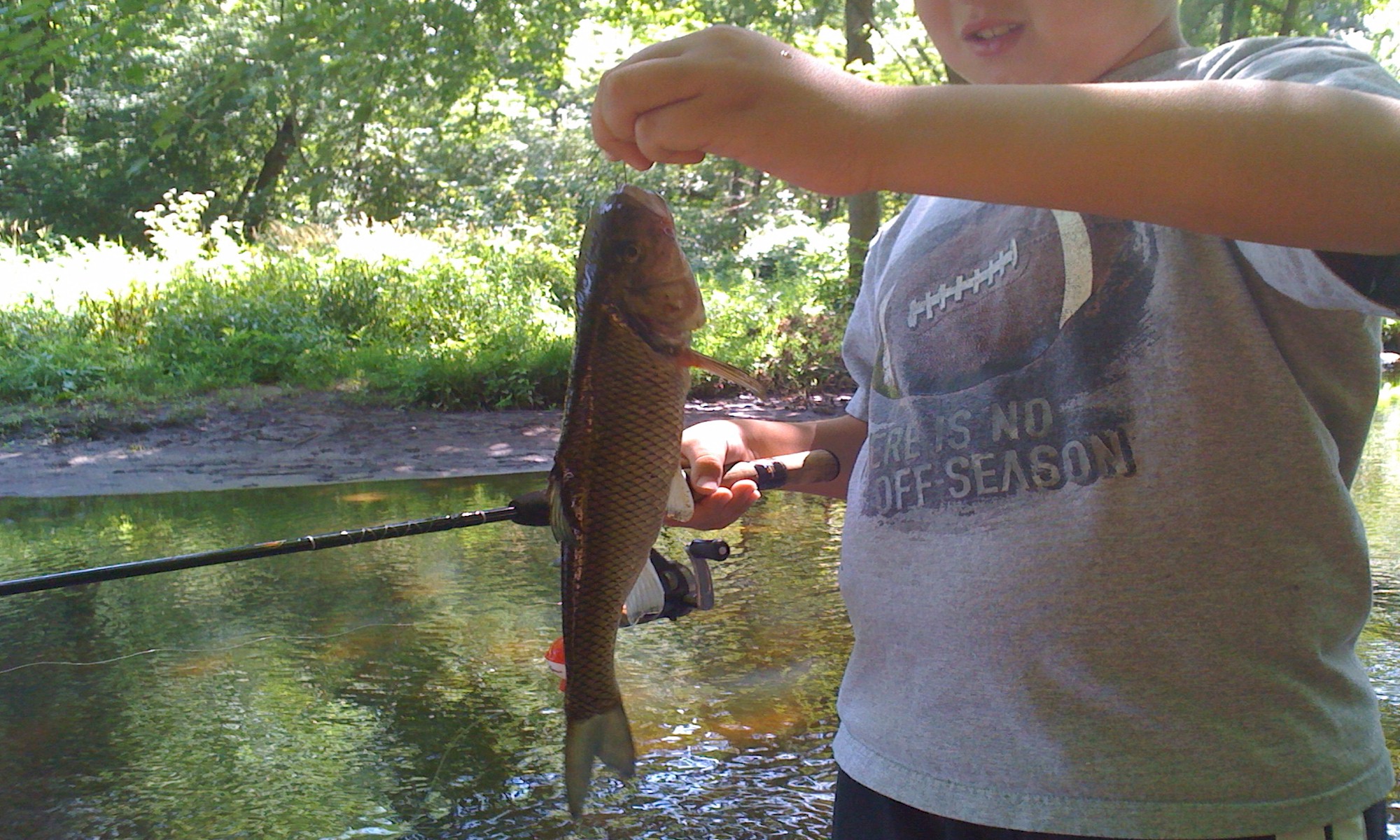Hi Folks – today we have a guest post from Mr. Jack Lundee! Check it out.
Freshwater Fishing is one of my favorite hobbies, but living next to a polluted lake translates to inadequate conditions and expensive traveling costs. And everything connected to this very lake has its high level of toxins. Not only does this denote that people shouldn’t swim or fish, but it effectively devalues the land/society within the vicinity. Having said that, it’s highly important that we, as eco-conscious individuals, do our part to prevent pollutants from entering freshwater, and further promote the existence of clean water initiatives.
“CGI realizes that dirty water is the mother of all global health challenge. They realize it is solvable,” – John Oldfield, Vice President of Water Advocates. Water Advocates is a Washington-based group that lobbies for more attention to water-related health issues. Along with many other clean water initiatives, it’s the first US based non-profit organization committed to escalating American support/rally for worldwide access to safe and inexpensive drinking water. Along with Doug Band, President Clinton and other various members of the Clinton Global Initiative, John Oldfield met in New York back in 2009 to discuss this epic global health challenge. But what exactly is being done today? And how does the recent havoc in the Gulf of Mexico affect neighboring states?
Prior to the Clean Water Act of 1985, the US didn’t have any clearly established guidelines for the release of toxins into lakes, rivers, etc… As we can see from perfect examples of disregard and carelessness like the progressive pollution of Onondaga Lake in Syracuse, NY, this brought about excessive pollution and pandemonium for anybody living in the vicinity. Known as one of the most polluted lakes in the US, Onondaga Lake suffered from exposure to industrial dumping and sewage contamination, much of what we still see to this day. It’s clear that we’re the ones responsible here; therefore we have no choice but to redeem our mistakes of yesterday by exploring new means in which to restore and preserve our water.
In most recent news, the Gulf Oil Spill has undoubtedly left a huge dent in progress, especially financially. Reports of clean-up expenses in excess of 10 billion dollars on the coast of Florida definitely support this claim. Pictures and videos continue to surface, displaying raw images of sea creatures and wildlife covered in oil. It’s hard to imagine many of the surrounding ecosystems could survive in such a polluted habitat. With groups like the CGI, and Water Advocates, we have hope; but there’s a lot yet to be done.
Arguably, it isn’t always human error – some global bodies of water are destroyed and contaminated by natural disasters. Whether or not we’re responsible is an entirely different issue, but what’s important is that we delve into the discovery of solutions to improve our future drinking supply.
Aside from Water Advocates, there are a multitude of lobbying groups for the creation and distribution of clean and affordable water. Here are examples of a few:
• http://www.Water.org
• http://www.cleanwateraction.org/
• http://www.holywatergroup.com/
• http://www.clearwaterinitiative.org/
• http://www.cleanwateradvocacy.org/
And this is just a handful of action-oriented organizations ready to make a change. Some are activists, looking for petitions and/or donations to a worthy cause, while others are actually looking into a domestic water purification system and plan to distribute such items in the near future. CEO of Brita claims “The initiative is part of BRITA’s corporate culture”, “Because we are the leading global brand on the water filtration market we consider ourselves responsible for drinking water projects throughout the world. We want to ensure that people all over the world gain access to this vital resource.” Brita is actually one of the few that provides whole-house water purification internationally. [Brita Help]
Oldfield is correct in his statement back in 2009; its clear that this is one of the most prevalent issues of 2010, and will continue to capture more eyes as the problem worsens. At this time, it’s important again that we remember to support this cause by visiting the above sites to find out more about what we can do as individuals. Congruently, be sure to use your own eco-conscience mind to conserve and sustain! This means turning the sink off while you brush your teeth, or spending less time in the shower!
Jack Lundee – Follower of all things green and progressive.
